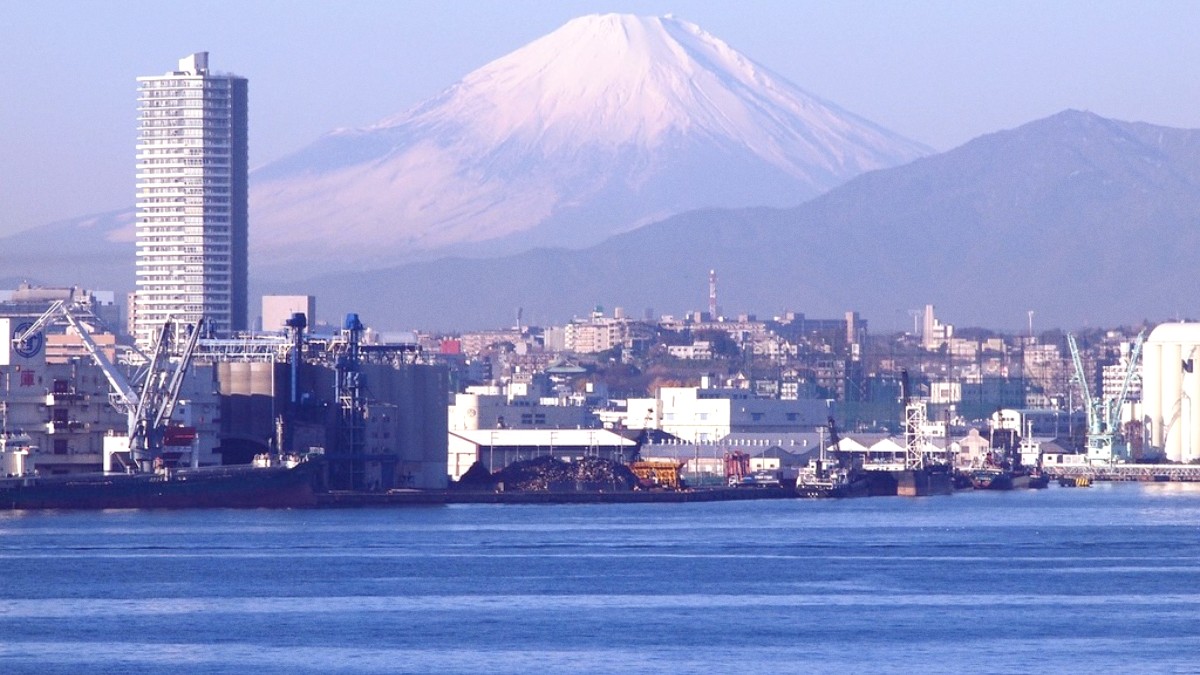
South Of Tokyo, Japan
Staying connected and overcoming language barriers.
Navigate Yokohama's daily rhythm for shopping, dining, and activities.
Navigate Japanese customs with respect and understanding.
Japan has worked to enhance accessibility, especially in major cities.
Download Google Translate's offline Japanese language pack. This feature helps translate text and conversations even without an internet connection.
Know more about services and cultural aspects for a respectful and smooth journey.
Bank branches operate weekdays 9 AM - 3 PM. ATMs are widely available at 7-Eleven, Lawson, FamilyMart, and Japan Post Offices, often 24/7. These ATMs reliably accept international cards. Look for "International ATM" signs.
Japan observes numerous public holidays. Major businesses remain open, but transport gets crowded. Golden Week (late April-early May), Obon (mid-August), and New Year (late Dec-early Jan) see peak domestic travel and some closures.
Speak softly on public transport. Do not eat or drink while walking. Avoid blowing your nose loudly. Do not point with your finger. Do not wear shoes indoors where prohibited. Queue in an orderly fashion.
Observe respectful photography practices during your visit.
Show respect at temples and shrines to observe proper conduct.
While accessibility has improved, some older areas or smaller stations might still present challenges with stairs or narrower pathways.
Understand the local culture for a more enriching and respectful visit.
Politeness and courtesy receive high regard. A simple nod with a slight bend at the waist works for casual interactions.
Japan is generally safe and welcoming.
Japanese people queue in an orderly fashion. Always wait your turn in lines for public services, shops, and attractions.
Japan Post offices are widespread, easily recognizable by their red and white logo. They deliver reliable postal services for both domestic and international mail.
Signage and ticket gates at a Japanese train station, often bilingual.